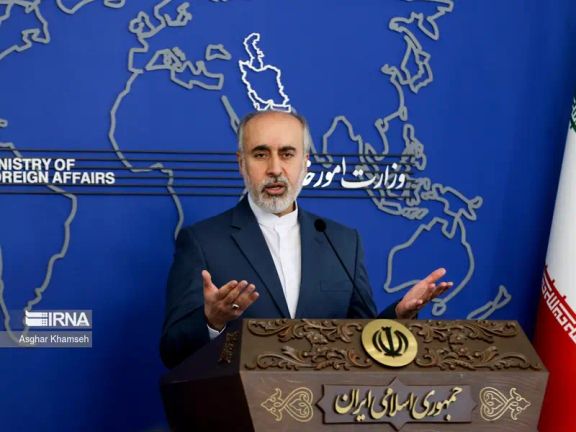Iran Criticizes G7 Following Nuclear Program Alert

Iran has rebuffed recent criticisms from the Group of Seven (G7) regarding its accelerated nuclear program, branding its assessments as based on "false claims".

Iran has rebuffed recent criticisms from the Group of Seven (G7) regarding its accelerated nuclear program, branding its assessments as based on "false claims".
The statement from the foreign ministry comes in the wake of a G7 statement on Friday that admonished Iran for its ongoing nuclear enrichment advancements and hinted at possible new sanctions if Tehran proceeds with the transfer of ballistic missiles to Russia.
"We call on Iran to stop assisting Russia’s war in Ukraine and not to transfer ballistic missiles and related technology, as this would represent a substantive material escalation and a direct threat to European security," the G7 stated.
Spokesman Nasser Kanaani said international efforts to connect Iran's nuclear activities with the conflict in Ukraine are nothing more than “biased political goals.”
Despite the tensions, Iran has continued to escalate its nuclear capabilities, as evidenced by a recent report from the International Atomic Energy Agency (IAEA). The IAEA noted that Iran has been installing additional uranium enrichment centrifuges at its Fordow facility, pushing the enrichment levels up to 60% purity—a threshold alarmingly close to the 90% required for nuclear weapons.
This level of enrichment is unprecedented for a country it claims has no plans for nuclear armament and puts Iran potentially on the brink of having sufficient material for three nuclear bombs. The UN's nuclear chief recently warned Iran is "weeks not months" away from a nuclear weapon.
The response to the G7's statement Friday from the European signatories of the 2015 nuclear deal, the United Kingdom, France, and Germany, known as the E3, was critical, asserting on Saturday that Iran's actions are undermining the landmark agreement.